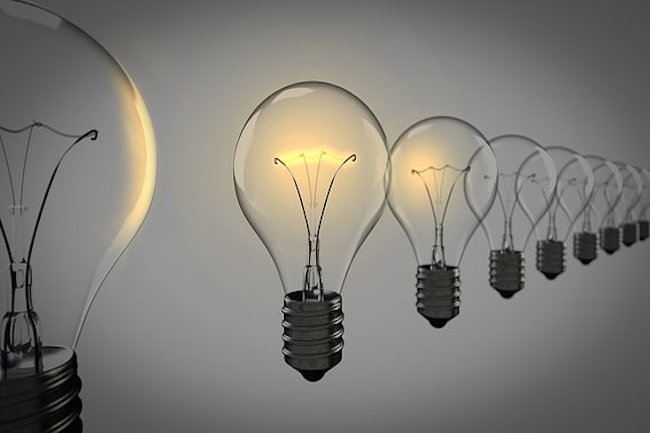Any Exposure To Light During Sleep Can Lead To Obesity, Diabetes, High Blood Pressure By Chris Melore for Natural Blaze
Does a bright smartphone screen often wake you up in the middle of the night? A new study finds any kind of light exposure during sleep can significantly increase the risk of developing obesity, diabetes, or high blood pressure — especially in older adults.
While examining over 500 older men and women between 63 and 84, researchers from Northwestern University found that harmful light exposure can come from all sorts of places, including room lights left on for safety, bedrooms without blackout shades, and digital devices lighting up at odd hours.
The team tracked these individuals for seven days, measuring their exposure to light using wrist-worn devices under real-world conditions. They found that older adults who did not get a five-hour period of complete darkness each day were much more prone to develop these conditions than those getting uninterrupted sleep.
“Whether it be from one’s smartphone, leaving a TV on overnight or light pollution in a big city, we live among an abundant number amount of artificial sources of lightthat are available 24 hours of a day,” says study corresponding author Dr. Minjee Kim, an assistant professor of neurology at Northwestern University Feinberg School of Medicine and a Northwestern Medicine physician, in a media release. “Older adults already are at higher risk for diabetes and cardiovascular disease, so we wanted to see if there was a difference in frequencies of these diseases related to light exposure at night.”
Most older adults are not getting a light-free sleep
Using the light trackers, researchers discovered that fewer than half of the 552 participants in their study consistently enjoyed a five-hour period in total darkness each night. Moreover, this light was shining on them during the darkest periods of the night and during the middle of someone’s typical sleep cycle.




